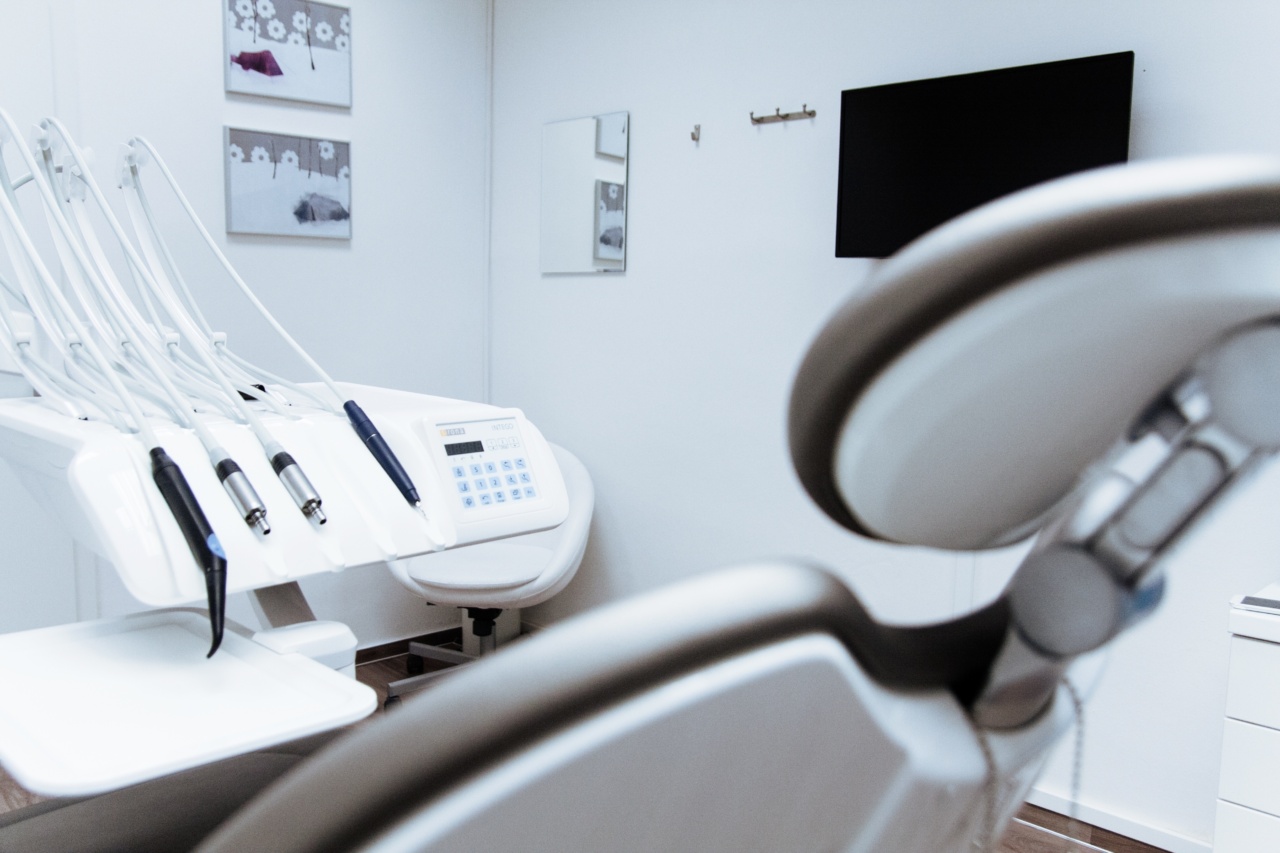Indoor air quality is an area that is often overlooked, but the effects it can have on workplace health can be significant.
Poor indoor air quality can cause a range of health problems, including allergies, asthma, headaches, respiratory illnesses, and even cancer in extreme cases.
The Importance of Good Indoor Air Quality
Good indoor air quality is essential for a healthy workplace. Poor air quality can cause a variety of symptoms, including headaches, fatigue, and irritability. It can also exacerbate existing health conditions, such as asthma and allergies.
In addition, it can reduce productivity and lead to higher absenteeism rates, which can ultimately impact a company’s bottom line.
The Causes of Poor Indoor Air Quality
There are several causes of poor indoor air quality, including:.
- Poor ventilation
- High levels of humidity
- Poor maintenance of HVAC systems
- Chemical pollutants from cleaning products, paints, and other sources
- Biological pollutants, such as molds and bacteria
How to Improve Indoor Air Quality in the Workplace
Improving indoor air quality in the workplace is essential for a healthy and productive workforce. Here are some ways to improve indoor air quality:.
- Ensure proper ventilation
- Maintain HVAC systems regularly
- Use non-toxic cleaning products and paints
- Address water leaks and moisture issues
- Establish smoking policies that prohibit smoking indoors
The Role of Employers in Providing Good Indoor Air Quality
Employers have a responsibility to provide a safe and healthy workplace for their employees, including ensuring good indoor air quality.
This can be achieved by implementing policies that prioritize indoor air quality, such as regular maintenance of HVAC systems, proper ventilation, and the use of non-toxic cleaning products and paints. Employers should also provide education and training on the importance of indoor air quality and how to improve it.
The Cost of Poor Indoor Air Quality
The cost of poor indoor air quality can be significant for both employers and employees. In addition to reduced productivity and increased absenteeism, poor indoor air quality can also lead to increased healthcare costs for employees.
This can ultimately impact a company’s bottom line and reputation.
The Benefits of Good Indoor Air Quality
Providing good indoor air quality can have several benefits for employers and employees. These include:.
- Improved health and well-being for employees
- Reduced absenteeism and increased productivity
- Lower healthcare costs
- Improved morale and job satisfaction
The Role of Employees in Maintaining Good Indoor Air Quality
While employers have a responsibility to provide good indoor air quality, employees also play a role in maintaining it. This can be achieved by:.
- Avoiding smoking indoors
- Reporting any water leaks or moisture issues
- Keeping workspaces clean and tidy
- Avoiding the use of heavily scented personal care products
The Importance of Regular Indoor Air Quality Testing
Regular indoor air quality testing is essential for maintaining a healthy workplace. This can be done by hiring a professional indoor air quality company to conduct air quality tests and recommend any necessary improvements.
Regular testing can also help identify potential issues before they become a problem.
Conclusion
Indoor air quality is an important factor in workplace health. Employers have a responsibility to provide a safe and healthy workplace, including good indoor air quality.
By addressing potential issues and providing education and training on the importance of indoor air quality, employers can create a healthier and more productive workplace for their employees.





























